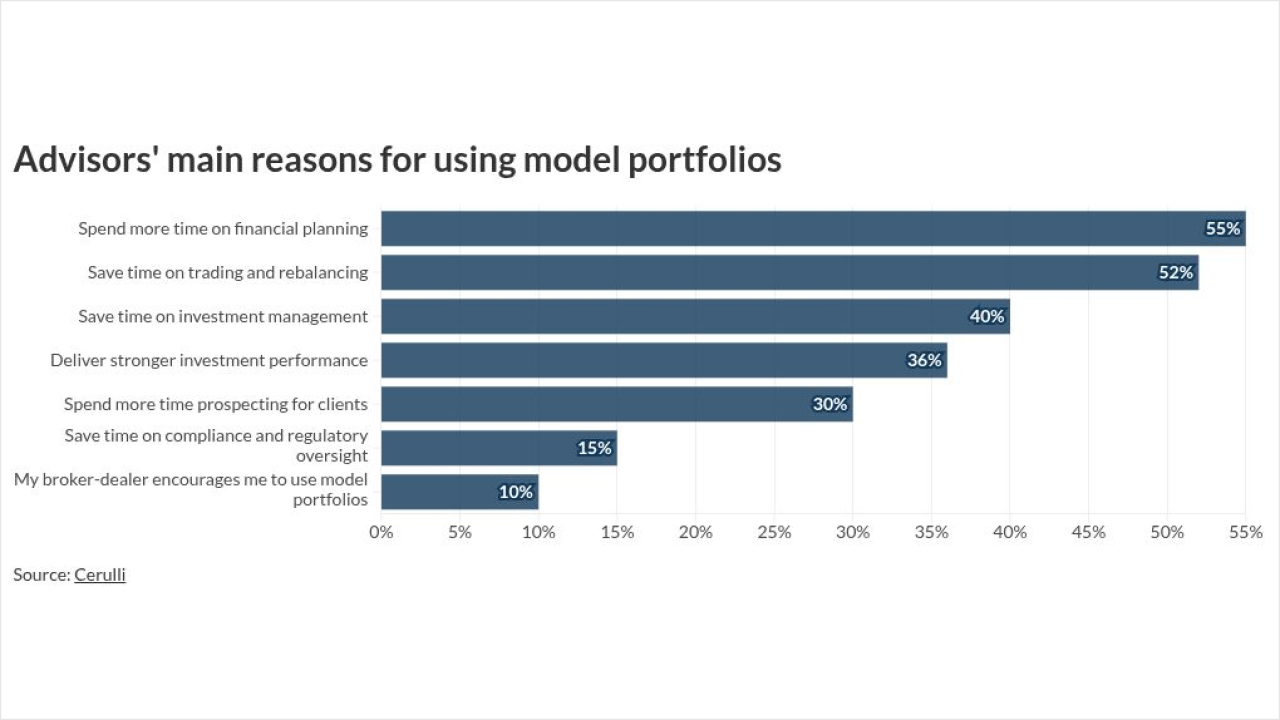Robert A. Daly was part of a superstar team of brokers who left Morgan Stanley in 2023 to join First Republic right before the regional bank's collapse. Now Daly, who was barred from the industry last year, owes Morgan Stanley millions on an outstanding recruitment loan.
A Financial Industry Regulatory Authority arbitrator ordered Daly last week to pay nearly $7.4 million for money owed on a promissory note plus interest and $10,000 to cover attorney's fees. Daly, who logged 25 years in the industry before being kicked out in October, was a member of
Daly never officially was registered with First Republic. Instead, his BrokerCheck record shows he joined Xtellus Capital Partners in New York. Daly was barred from the industry after refusing to cooperate in a FINRA investigation originating "from a regulatory tip it received related to possible undisclosed private securities transactions," according to BrokerCheck.
READ MORE:
Daly came to Morgan Stanley in 2016 from J.P. Morgan Securities. Before that, he had been at UBS and Bear Stearns,
Like many large wealth management firms, Morgan Stanley often packages the recruitment deals it offers advisors in the form of promissory notes. Advisors typically don't owe anything on the loans if they stick around for a set number of years, often 10 to 12. But if they leave early, the repayment costs can run high.
The single arbitrator who ordered Daly to pay back his recruitment loan did not go into the reasons for his decision. Morgan Stanley's formal complaint alleged Daly had breached 12 promissory notes and "failed to repay the balance of the notes upon the conclusion of respondent's employment with claimant."
Daly was represented in the case by Jeffrey Riffer, a lawyer at Elkins Kalt Weintraub Reuben Gartside in Los Angeles. Riffer did not return requests for comment.
Ron Edde, an industry recruiter and the president and CEO of
Morgan Stanley, which declined to comment for this article, has been among the most aggressive firms for pursuing unpaid promissory notes in recent years. In May, it won a
Morgan Stanley's total balance of outstanding recruiting loans stood at
Although the awards in promissory note cases can be large, the chances of actually collecting all the money are often slim. That's especially true when the broker who is supposed to repay the loans has been barred from the industry and is presumably making less money.
Edde said firms will often end up settling for less than an awarded amount rather than spending even more money trying to recoup every last penny they're owed.
"Morgan Stanley may have won an order for him to repay them," Edde said. "But they've still got to collect it, and that's usually not easy."






